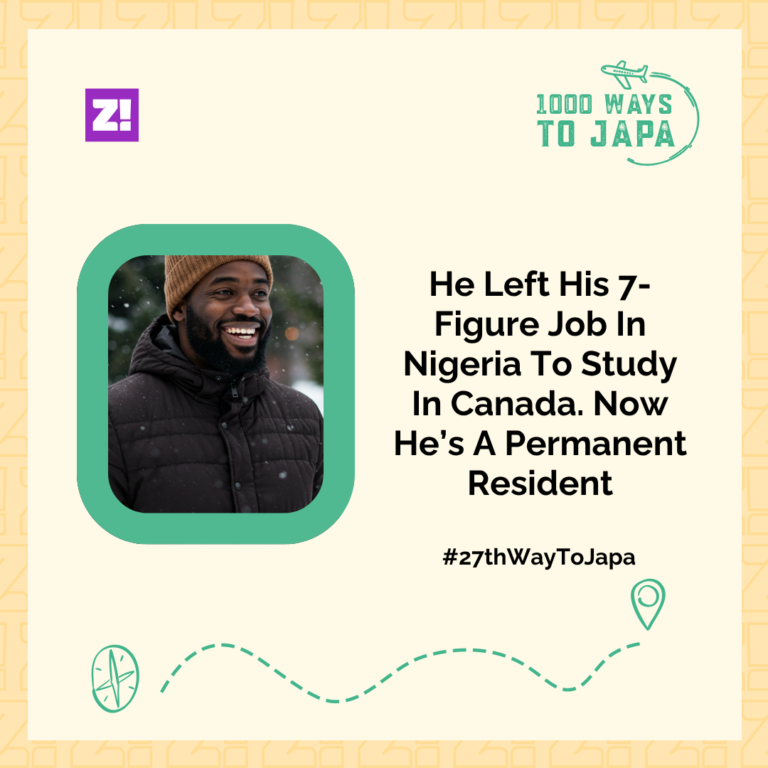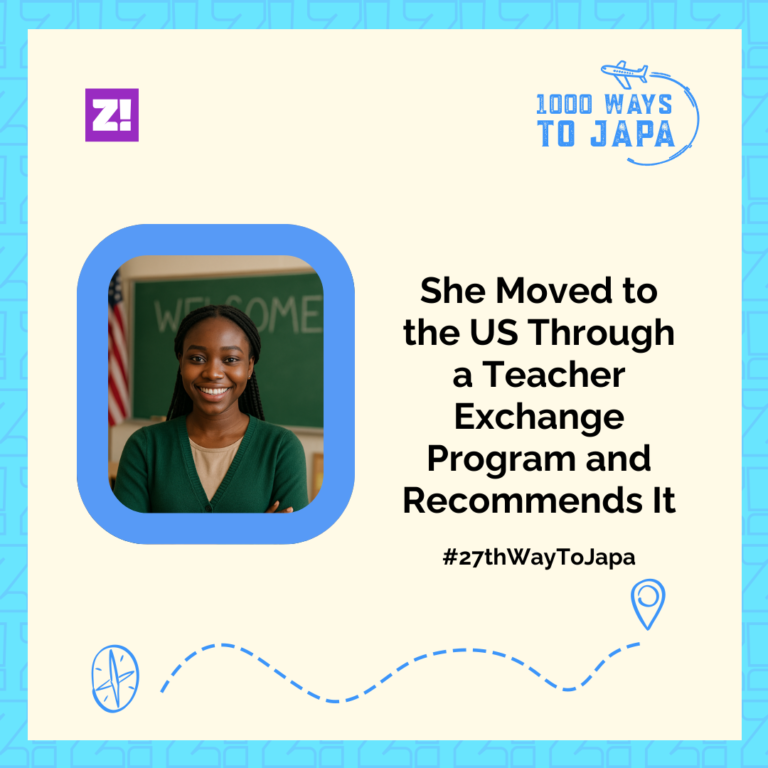Lagos residents walk fast, speak fast, and run fast toward anywhere the money is, but these days, no amount of speed can help the average Lagosian escape Nigeria’s rising poverty.
Halima, a single mother and laundrywoman (who washes by hand), is a practical example of this. In a chat with Zikoko Citizen on November 16, Halima revealed that she left everything she knew in Kano State to make money in Lagos.
But even though she came to the big city with these high hopes, Halima says she doesn’t make more than ₦6,000 in a good week. It hasn’t always been like this, but recently, with the rising inflation and high cost of living, outsourcing things like laundry has become a luxury that a lot of Nigerians can no longer afford. Halima says she’s lucky to find two customers in a week.
“Only girls who are alive menstruate”
The blazing Lagos sun wasn’t bright enough to hide the worry in her eyes as she spoke to me about her money struggles. While we chatted, her 13-year-old daughter returned from school, carrying a bag bigger than her frame. Soon, I understood why– Halima’s daughter, who she fondly calls Nunu, had taken the part-time role of a delivery girl, picking up dirty laundry from her mother’s customers on her way back from school.
For the first time that afternoon, I saw Halima smile when she saw Nunu. But the worry returned to her eyes almost immediately after Nunu mentioned that she hadn’t eaten all day. At this point, I was unsure if it was okay to ask Halima the sanitary pad-related question I had already written down, but I decided to try anyway.
“Has Nunu started menstruating?”
“Yes na, since she was 11 even”. Halima said.
“How do you afford to buy her sanitary products?” I asked.
She burst into laughter and then paused after a few minutes, looking more serious than she had since the beginning of our conversation.
“My sister, I can’t even buy food for this girl. She’s hungry, and you’re asking about sanitary products? Is it not somebody who is alive that will menstruate? Only girls who are alive menstruate. Even I, the mother, don’t use sanitary products,” She said.
Halima told me that it wasn’t always like this, but since the beginning of the year, they’ve had to choose between sanitary products and food. So now, she and Nunu use a washable piece of fabric that causes itches and rashes. The National Library of Medicine, says the use of fabrics like that can increase the risk of urogenital infections, but that sort of worry is a luxury Halima cannot afford
“What can we do? A pad costs more than ₦1,000 now, but food is even more expensive. She’s a growing child; she needs nutrients like her mates. We pick our struggles wisely. One day, she will use pads again,” Halima says.
It’s not just Halima and Nunu
As of 2021, more than 37 million women and girls could not afford to buy sanitary pads. This number is projected to have increased this year as Nigeria is currently facing its worst economic crisis, which is affecting everything from food prices to pad prices.
Iya Aanu, a shop owner in Gbadaga, Lagos State, told Zikoko Citizen that sanitary pads now cost between ₦700 and ₦4,000, depending on the brand. This is a huge increase from the ₦150 to ₦250 price range of 2019
As a result of these price increases, more girls and women are being thrown into period poverty as they now have to settle for less sanitary options like rags and towels to contain their menstrual flow. Like Halima and Nunu, they pick their struggles.
What can the government do to reduce period poverty?
The government currently charges a 20% import duty fee on sanitary products that are not made in Nigeria. This is a major contributor to the rising cost of pads, tampons, and other sanitary products. Some women’s rights advocates have consistently called for the elimination of period taxes for a while now, but so far, the government has only cancelled taxes on locally produced menstrual products. By scrapping this import duty, the government can make sanitary products more affordable for women like Halima and Nunu.
How can you help women like Halima??
The Nigerian government has done a poor job of helping its most vulnerable citizens adjust to the effects of President Tinubu’s economic reforms, but here’s how we can help.
- You can start by signing petitions advocating for the eradication of period poverty.
- Support NGOs that are working hard to make sanitary products accessible to women. You can do this by volunteering, donating or sharing their work.
- If you belong to the category of Nigerians who can still afford essentials like pads, you can also donate to young girls from low-income families around you.




